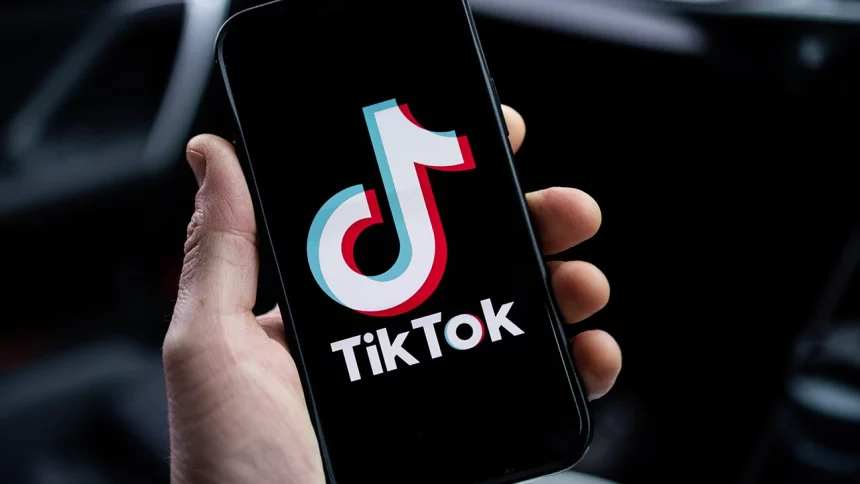In recent weeks, TikTok has faced growing criticism from the public and government in Kenya over its alleged failure to adequately moderate sexually explicit content on its platform.
The outcry even led to a petition being presented in parliament, calling for the ban of the Chinese app in Kenya.
In response to these concerns, TikTok’s top leadership, led by CEO Shou Zi Chew, held a virtual meeting with President William Ruto to address the matter.
Following this high-level meeting, a delegation led by Fortune Mgwili-Sibanda, TikTok Africa Director for Public Policy and Government Relations, was dispatched to Kenya to engage with various stakeholders, including President Ruto.
The discussions encompassed several key issues, including explicit content moderation, the establishment of a TikTok office in Kenya, and the introduction of a monetization program for content creators.
However, in addition to concerns about content moderation, there has been a growing perception that the platform is promoting an LGBTQ agenda in the country.
Also read: TikToker M.Alby refuses to work with alcohol, betting, and condom brands
In an exclusive interview with this writer, Mr Mgwili-Sibanda addressed these claims.
“TikTok does not push any particular agenda,” he stated emphatically.
“It’s important to remember that it’s the users who upload content to the platform.LGBTQ touches on different countries’ specific norms and culture or belief systems, it touches on the laws of the countries.”
He noted, “One thing we are very clear about our platform is that we comply with all laws and regulations of the countries in which we operate. So if there is a law against that, we will not allow users to upload such kind of content. So if it’s illegal in Kenya, then it’s automatically illegal to us.”
Under Kenyan law, homosexuality is prohibited under Article 162 and 165. Although the Kenyan constitution does not explicitly support LGBTQ rights, there has not been a case of prosecution based on sexual orientation.
TikTok emphasized the complexity of moderating content on a platform driven by user-generated content (UGC).
“We have 40,000 moderators globally,” Mgwili-Sibanda explained, “but with UGC platforms and rapidly evolving technology, there can be instances where content escapes our moderation systems. In such cases, the key issue is how we address and rectify the situation.”



